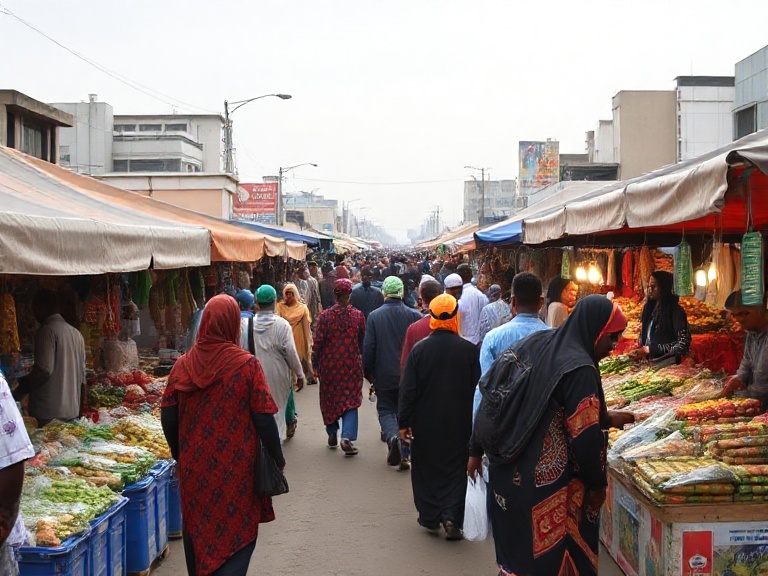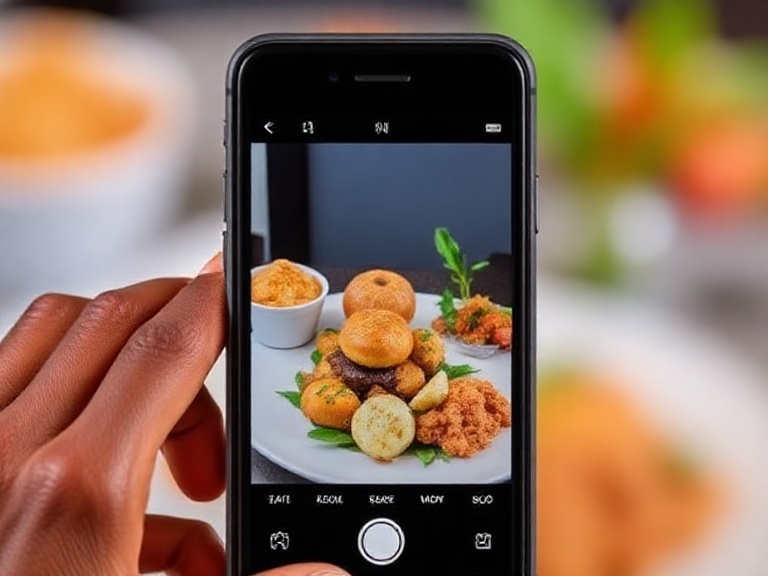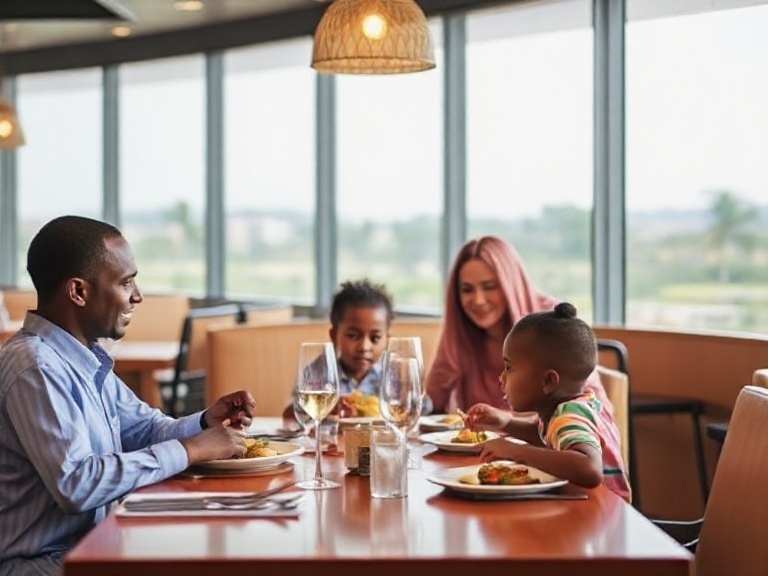A Foodie's Calendar: Annual Food Events & Festivals in and around Abuja
Hussein - AbujaEats
Food Writer & Critic
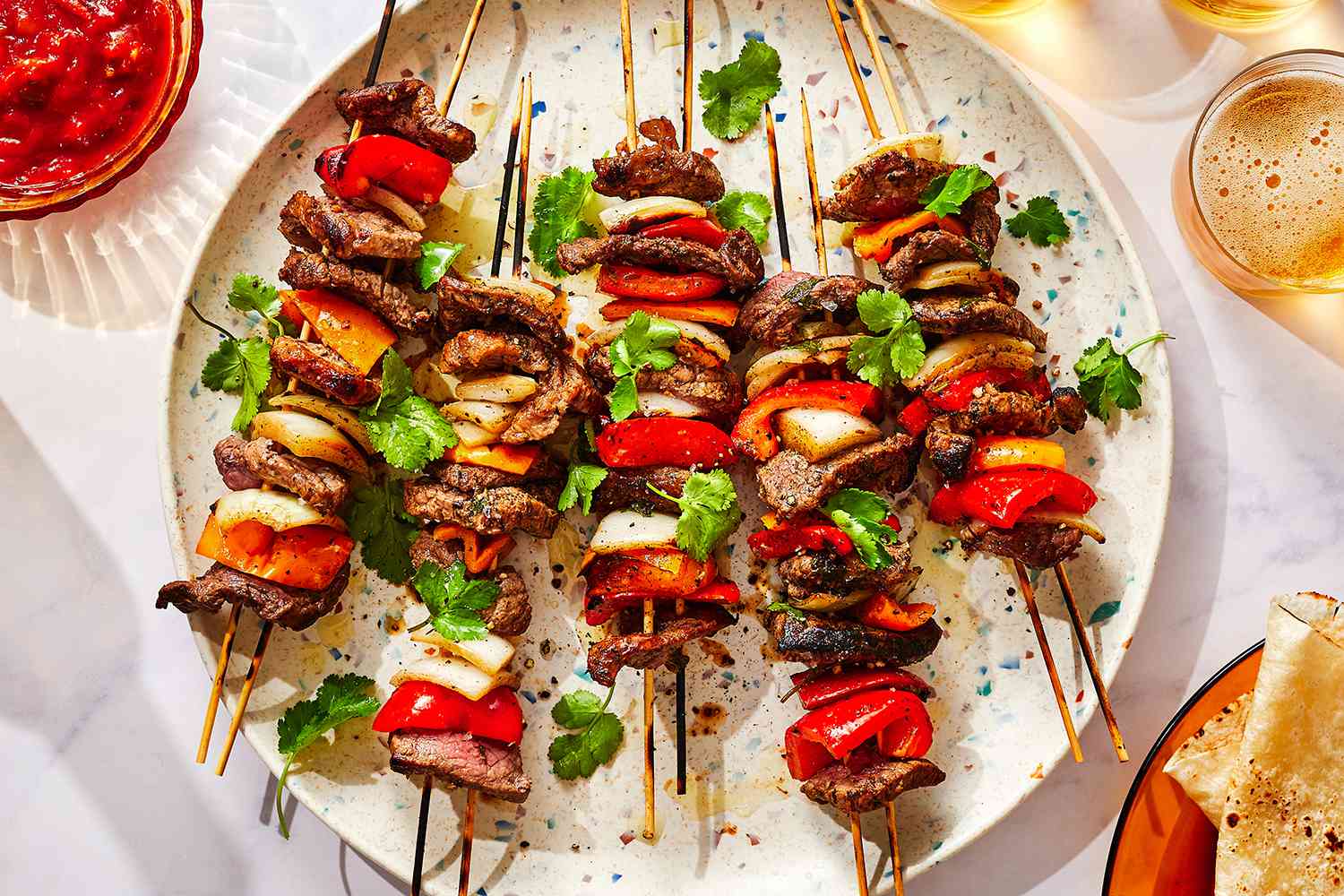
Abuja's food scene extends beyond restaurants into a vibrant calendar of events, festivals, and culinary celebrations. From large-scale food festivals to intimate tasting nights, these events offer opportunities to explore diverse cuisines, meet fellow food lovers, and experience Abuja's culinary culture in dynamic settings. This guide helps you navigate the annual food event calendar and make the most of these special occasions.

Major Annual Food Festivals
African Food & Drinks Festival (November)
When: Mid-November (typically 14-16) Where: Various venues in Abuja What to Expect: This multi-day celebration showcases African cuisine from across the continent, with particular emphasis on Nigerian regional specialties.
Highlights:
- Food vendors from multiple African countries
- Live cooking demonstrations
- Cultural performances and music
- Tasting opportunities and food competitions
- Networking with food industry professionals
Cost: Entry fees vary; some tastings included, others require additional payment Best For: Food enthusiasts wanting to explore diverse African cuisines Pro Tip: Arrive early on opening day for best vendor selection and shorter lines
Naija Food Fest (October)
When: Early October Where: Rotating venues across Abuja What to Expect: Celebration of Nigerian cuisine in all its regional diversity, from street food to fine dining interpretations.
Highlights:
- Regional Nigerian food specialties
- Street food vendors and established restaurants
- Cooking competitions
- Live entertainment
- Food photography contests
Cost: Moderate entry fee with food purchases separate Best For: Those wanting to explore Nigerian culinary diversity Pro Tip: Come hungry and pace yourself—there's too much to try in one visit
Abuja Food & Wine Festival (March)
When: Late March Where: Upscale venues in Maitama or Asokoro What to Expect: Sophisticated event pairing international and Nigerian cuisine with wines and spirits.
Highlights:
- Wine tasting sessions
- Gourmet food pairings
- Masterclasses with chefs and sommeliers
- Networking opportunities
- Premium vendor selections
Cost: Higher entry fees reflecting upscale nature Best For: Food and wine enthusiasts, professionals Pro Tip: Book masterclass sessions early—they fill quickly

Monthly and Recurring Events
Weekend Food Markets
When: Various Saturdays throughout the year Where: Rotating locations—Jabi Lake area, Maitama parks, Wuse 2 spaces What to Expect: Pop-up markets featuring artisanal food producers, bakers, and specialty vendors.
Typical Offerings:
- Fresh baked goods and pastries
- Artisanal cheeses and charcuterie
- Specialty sauces and condiments
- Organic produce
- Prepared foods and snacks
- Craft beverages
Cost: Free entry, pay for purchases Best For: Supporting local food producers, discovering unique ingredients Pro Tip: Follow social media accounts announcing market dates and locations
First Friday Food Crawls
When: First Friday of each month Where: Organized routes through Wuse 2 or Maitama What to Expect: Guided tours visiting multiple restaurants, sampling signature dishes at each stop.
Structure:
- Pre-registered participants
- 4-6 restaurant stops
- Curated tasting menus
- Transportation between venues
- Networking with fellow food lovers
Cost: Registration fee covers all tastings and transport Best For: Discovering new restaurants, meeting food community Pro Tip: Register early—these events cap attendance
Rooftop Dining Series
When: Monthly during dry season (November-March) Where: Various rooftop venues across Abuja What to Expect: Special themed dinners on different rooftops, often featuring guest chefs or unique menus.
Themes Vary:
- Sunset cocktail and appetizer events
- Full-course themed dinners
- Live music and dining combinations
- Seasonal celebration dinners
Cost: Ticket prices vary by event Best For: Romantic evenings, special occasions Pro Tip: Book immediately when announced—rooftop events sell out quickly
Seasonal Food Events
Dry Season (November-March)
Peak Event Season: Pleasant weather makes this prime time for outdoor food events.
Typical Events:
- Outdoor food festivals
- Rooftop dining series
- Garden party food events
- Street food nights
- Holiday-themed celebrations
Planning Strategy: Check event calendars in October for the season's schedule. Book popular events early.
Harmattan Period (December-February)
Special Atmosphere: Dusty haze creates unique ambiance for evening events.
Common Events:
- Christmas and New Year food celebrations
- Valentine's Day special dinners
- Winter (such as it is) comfort food events
Considerations: Bring layers—evenings can be surprisingly cool. Dust may affect outdoor events.
Rainy Season (May-September)
Indoor Focus: Events shift to covered venues and indoor spaces.
Typical Events:
- Restaurant week promotions
- Indoor tasting events
- Cooking classes and workshops
- Wine and spirits tastings
Advantages: Fewer crowds, sometimes better deals, more intimate settings.
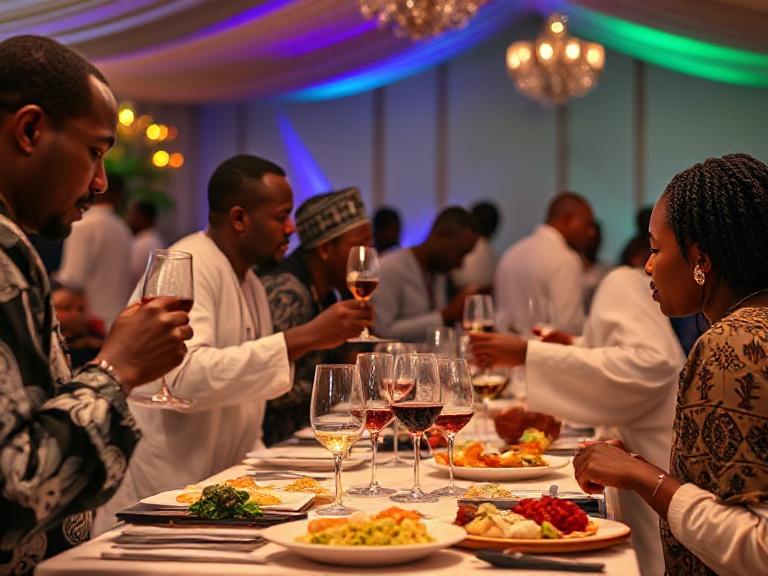
Restaurant Weeks and Special Promotions
Abuja Restaurant Week (Bi-annual)
When: Typically February and August Duration: 10-14 days What to Expect: Participating restaurants offer special prix-fixe menus at promotional prices.
How It Works:
- Restaurants create special 3-course menus
- Fixed prices (usually ₦5,000, ₦10,000, or ₦15,000)
- Reservations required at popular venues
- Opportunity to try upscale restaurants affordably
Strategy:
- Review participating restaurants when announced
- Book reservations immediately for top choices
- Try restaurants you've been curious about
- Share dishes to sample more variety
Best For: Exploring upscale dining on a budget, trying new restaurants
Holiday Dining Events
Christmas Season (December):
- Special holiday menus at major restaurants
- Christmas Eve and Day dining events
- New Year's Eve celebrations with food focus
- Holiday brunch events
Valentine's Day (February):
- Romantic dinner packages
- Couples' cooking classes
- Special tasting menus
- Rooftop romantic dinners
Easter (March/April):
- Easter brunch events
- Family dining celebrations
- Spring-themed food festivals
Independence Day (October 1):
- Nigerian cuisine celebrations
- Patriotic-themed food events
- Local food producer showcases
Specialty Food Events
Cooking Classes and Workshops
Frequency: Monthly or quarterly Where: Culinary schools, restaurants, community centers What to Expect: Hands-on learning experiences teaching specific cuisines or techniques.
Common Topics:
- Nigerian regional cuisines
- International cooking techniques
- Baking and pastry skills
- Sauce and spice blending
- Food photography
Cost: Varies widely based on instructor and venue Best For: Learning new skills, interactive experiences Pro Tip: Small class sizes fill quickly—register early
Wine and Spirits Tastings
Frequency: Monthly at various venues Where: Upscale restaurants, wine bars, hotels What to Expect: Guided tastings exploring different wines, whiskeys, or craft spirits.
Format:
- Expert-led education
- Multiple tastings (4-8 typically)
- Food pairings often included
- Networking opportunities
- Purchase options for favorites
Cost: Moderate to high depending on selections Best For: Beverage enthusiasts, learning about wines/spirits Pro Tip: Eat beforehand—tastings on empty stomach not advisable
Pop-Up Dining Experiences
Frequency: Irregular—announced via social media Where: Unexpected locations—rooftops, gardens, private homes What to Expect: Limited-time, unique dining experiences often featuring guest chefs or experimental menus.
Characteristics:
- Exclusive, limited seating
- Innovative or themed menus
- Unique venues
- Social media-driven promotion
- Often one-night-only events
Cost: Premium pricing for exclusive experience Best For: Adventurous diners, unique experiences Pro Tip: Follow food influencers and event organizers for announcements
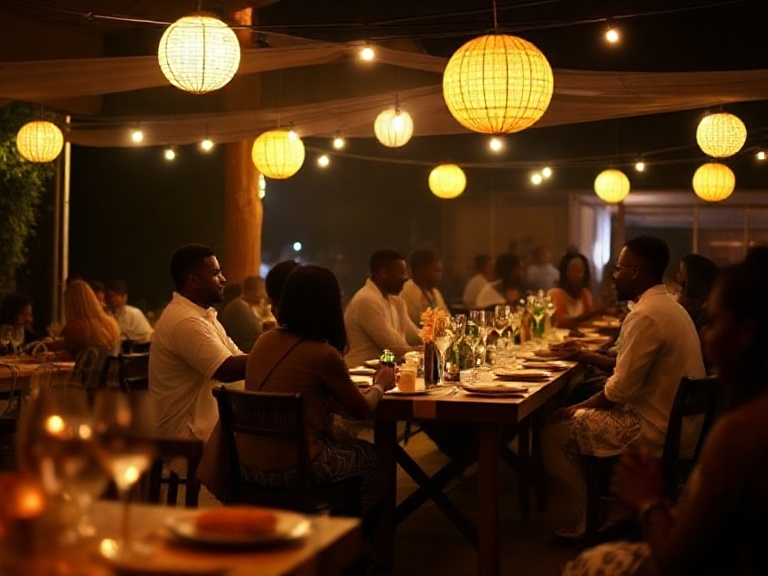
Finding and Following Food Events
Social Media Strategies
Instagram:
- Follow @abujaeats and similar food accounts
- Check hashtags: #AbujaFoodEvents #AbujaFoodie #NaijaFoodFest
- Enable notifications for key accounts
- Engage with posts to improve algorithm visibility
Facebook:
- Join Abuja food groups
- Follow event pages
- Check "Events" section regularly
- RSVP to events you're interested in
Twitter:
- Follow food bloggers and event organizers
- Monitor food-related hashtags
- Engage with food community
- Retweet event announcements
TikTok:
- Follow Abuja food content creators
- Watch for event coverage and announcements
- Engage with food-related content
Event Platforms
Eventbrite: Many Abuja food events use this platform for ticketing Nairabox: Local event platform featuring food events Restaurant Websites: Check favorite restaurants for special event announcements Hotel Event Calendars: Major hotels host food events regularly
Word of Mouth
Food Community: Connect with fellow food enthusiasts who share event information Restaurant Staff: Ask servers and managers about upcoming events Food Bloggers: Follow local food bloggers who cover events Networking: Attend events to meet others who can share future opportunities
Maximizing Your Event Experience
Before the Event
Research: Understand what the event offers and plan accordingly Tickets: Purchase early—popular events sell out Transportation: Plan how you'll get there and back, especially if drinking Dress Code: Check if there's a specific dress requirement Dietary Needs: Contact organizers about accommodations if needed
During the Event
Pace Yourself: Don't fill up at the first vendor Hydrate: Drink water between tastings Take Notes: Record favorites for future reference Network: Talk to vendors, chefs, and fellow attendees Photos: Document the experience but don't let it interfere with enjoyment
After the Event
Follow Up: Connect with vendors or restaurants you discovered Share: Post about your experience on social media Feedback: Provide constructive feedback to organizers Plan: Mark calendar for next year's event
Budget Planning for Food Events
Cost Categories
Entry Fees: ₦2,000-₦20,000 depending on event scale Food Purchases: ₦5,000-₦30,000 for festival sampling Beverages: ₦2,000-₦10,000 if not included Transportation: ₦1,000-₦5,000 round trip Merchandise: ₦2,000-₦10,000 for products from vendors
Money-Saving Strategies
Early Bird Tickets: Often 20-30% cheaper than door prices Group Discounts: Some events offer group rates Volunteer: Help at events for free entry Strategic Sampling: Share tastings with companions Bring Water: Avoid overpriced event beverages
Special Interest Events
Vegan and Vegetarian Events
Frequency: Quarterly Focus: Plant-based Nigerian and international cuisine Typical Features: Cooking demos, product vendors, nutrition workshops
Street Food Festivals
Frequency: 2-3 times annually Focus: Celebrating Nigerian street food culture Typical Features: Suya, shawarma, akara, and other street favorites
Baking and Pastry Events
Frequency: Varies Focus: Cakes, pastries, bread, and desserts Typical Features: Competitions, masterclasses, vendor markets
International Cuisine Festivals
Frequency: Various throughout year Focus: Specific international cuisines (Asian, Mediterranean, etc.) Typical Features: Cultural performances, cooking demos, authentic vendors
Creating Your Personal Food Event Calendar
Planning Strategy
Annual Review: In January, research the year's major food events Monthly Check: First of each month, review upcoming events Weekly Scan: Check social media weekly for pop-up announcements Flexibility: Leave room for spontaneous events
Prioritization
Must-Attend: Major festivals and events you won't miss Interested: Events to attend if schedule allows Maybe: Events to consider if nothing else conflicts Pass: Events that don't align with interests or budget
Tracking System
Digital Calendar: Add confirmed events with details Wishlist: Note events you're interested in Budget Tracker: Monitor event spending Experience Log: Record events attended and highlights
Your Food Event Journey
Abuja's food event calendar offers year-round opportunities to explore cuisines, meet fellow food lovers, and experience the capital's culinary culture beyond restaurant dining. From massive festivals to intimate tastings, these events add dimension to your food journey and create memories that last beyond the last bite.
Start by attending one major festival to understand the scene, then explore smaller events that match your specific interests. Follow the social media accounts that announce events, connect with the food community, and build your personal calendar of culinary experiences.
The food events happening in and around Abuja aren't just about eating—they're about celebration, discovery, and community. Your calendar awaits filling with delicious experiences.
Stay updated on Abuja's food events. Follow AbujaEats for event coverage, festival guides, and announcements about upcoming culinary celebrations across Nigeria's capital.
Never Miss a Food Review
Join our community of food lovers and get weekly restaurant recommendations, exclusive dining tips, and the latest food news in Abuja.
Own a Restaurant in Abuja?
Get featured on AbujaEats and reach food lovers across the city.
List Your Restaurant